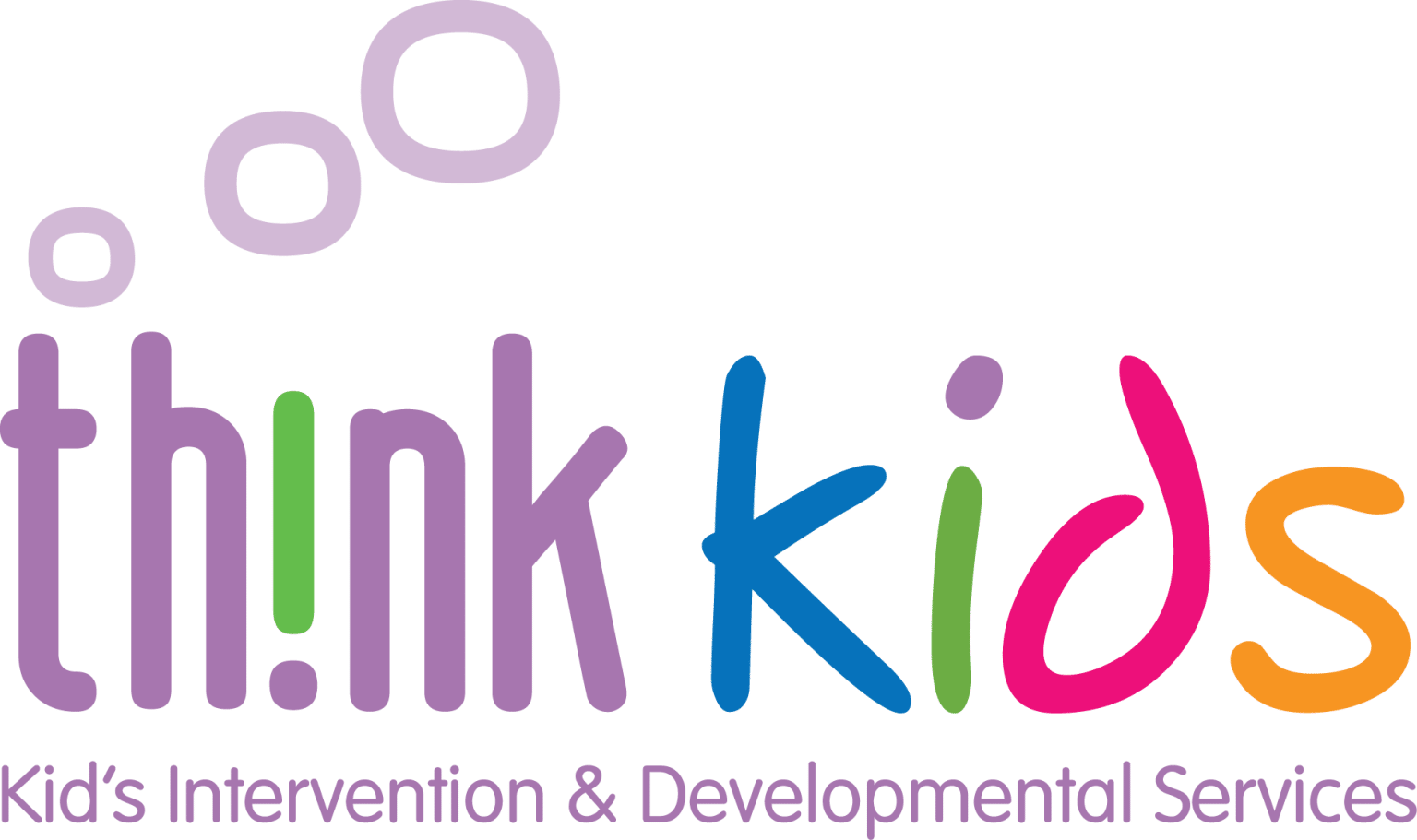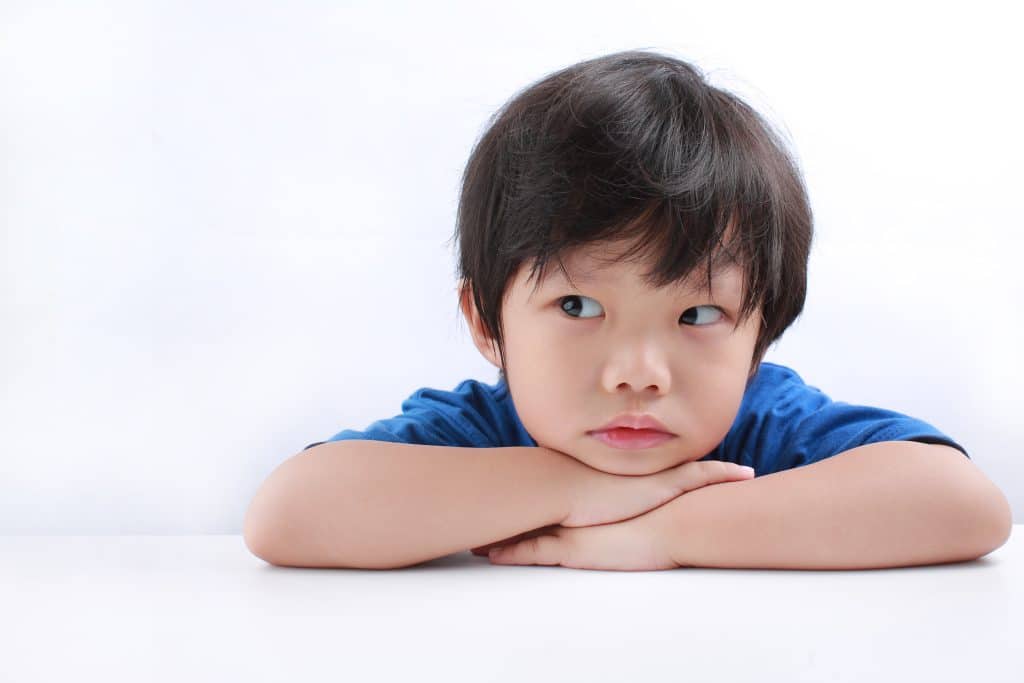Child psychology is a crucial field of study that focuses on understanding the cognitive, emotional, and social development of children. Exploring educational child psychology in Singapore reveals a dynamic and comprehensive approach to nurturing children’s mental well-being and academic growth.
In Singapore, education is highly valued, and the government places great emphasis on providing a strong foundation for children’s learning and development. Educational child psychology plays a significant role in shaping educational policies and practices to meet the diverse needs of children in Singapore.
One important aspect of educational child psychology in Singapore is the recognition of early childhood education as a critical stage in a child’s development. Singapore has a well-established network of preschools and kindergartens that aim to promote holistic development and school readiness. Educational psychologists work closely with educators, parents, and caregivers to ensure that young children receive the necessary support to thrive in their early years.
In addition to early childhood education, educational child psychology also extends to primary, secondary, and tertiary levels of education in Singapore. Psychologists collaborate with educators to develop evidence-based teaching strategies, assess students’ learning needs, and provide targeted interventions for those facing difficulties.
In recent years, there has been growing recognition of the importance of mental health and well-being in the educational system. Singapore has taken steps to prioritize mental health support for students, and educational child psychologists play a vital role in promoting positive mental health practices in schools. They provide counseling services, conduct assessments, and implement preventive programs to address issues such as stress, anxiety, and social-emotional difficulties.
Plus, balancing recreational pursuits like icecasino with more traditional stress-relief methods ensures a well-rounded approach to mental health support in educational settings.
Another area of focus in educational child psychology in Singapore is special education. Singapore has made significant strides in inclusive education, aiming to provide equal opportunities for children with special needs. Educational psychologists collaborate with special education teachers and parents to create individualized education plans, conduct assessments, and provide support to help these children succeed academically and socially.
To further enhance the understanding and practice of educational child psychology, Singapore has several research and training institutes dedicated to the field. These institutions conduct research studies, offer professional development programs for educators and psychologists, and contribute to the development of evidence-based interventions and policies.
In conclusion, exploring educational child psychology in Singapore reveals a comprehensive and holistic approach to supporting children’s educational and mental well-being. From early childhood education to tertiary institutions, educational psychologists play a vital role in ensuring that children receive the necessary support to thrive academically, emotionally, and socially. The government’s commitment to education and mental health underscores the significance placed on this field in Singapore.

